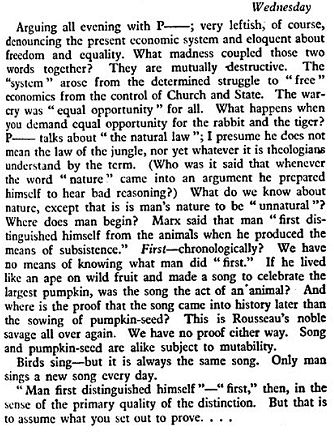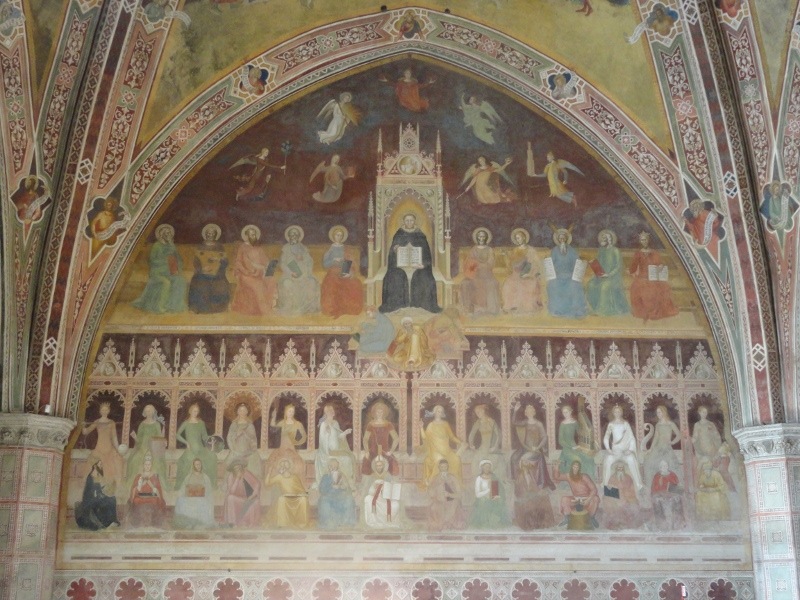A friend asked my opinion of this preposterous article by Stephen F. Cohen. What follows is the sort of thing that happens when I read a bad article on a good day and have an excuse to jot down my reactions as I read:
Hmmmm.
1) This retired prof must think it’s nice to have a chance drag out his old Cold-War “Americans are jingoistic bullies” pro-Soviet rhetoric, again, after so many years. He sounds just like he probably sounded in the 1980s.
2) “the unlawful change of government in Kiev.” Hmmmm. Interesting choice of words in the 2nd sentence of the essay. One might also refer to “the change of unlawful governments in Kiev,” I suppose. Or possibly, “the predictable result of kleptocratic oligarchy in Kiev.” Hmmm….
3) “potentially more dangerous than its US-Soviet predecessor the world barely survived” — incoherent attempt to have it both ways. IF this is more dangerous, it is because actual hot conflicts are more likely BECAUSE less costly. IF the world “barely survived” the Cold War, it wasn’t because of the (surprisingly few) hot conflicts, but because the (never actually suffered) worst-case scenario was so very costly (global thermonuclear war).
4) his points about the risk of tactical nukes are worth noting. Also worth noting: the U.S. wargaming in the early 1980s that assumed tactical nuke use in a total war scenario between NATO and Warsaw Pact was very likely, ICBM use much less likely. Nothing new here, but certainly a thing to think about.
5) “surreal demonization of Russia’s leader, Vladimir Putin” — oh, HONESTLY. I don’t know precisely how much one needs to do to “demonize” a grandiose totalitarian leader with aggressive regionalist ambitions. Another friend has been sending me far-out Pravda snippets for years, now, that sound quite a bit like the Bad Old Days to me. Continue reading


